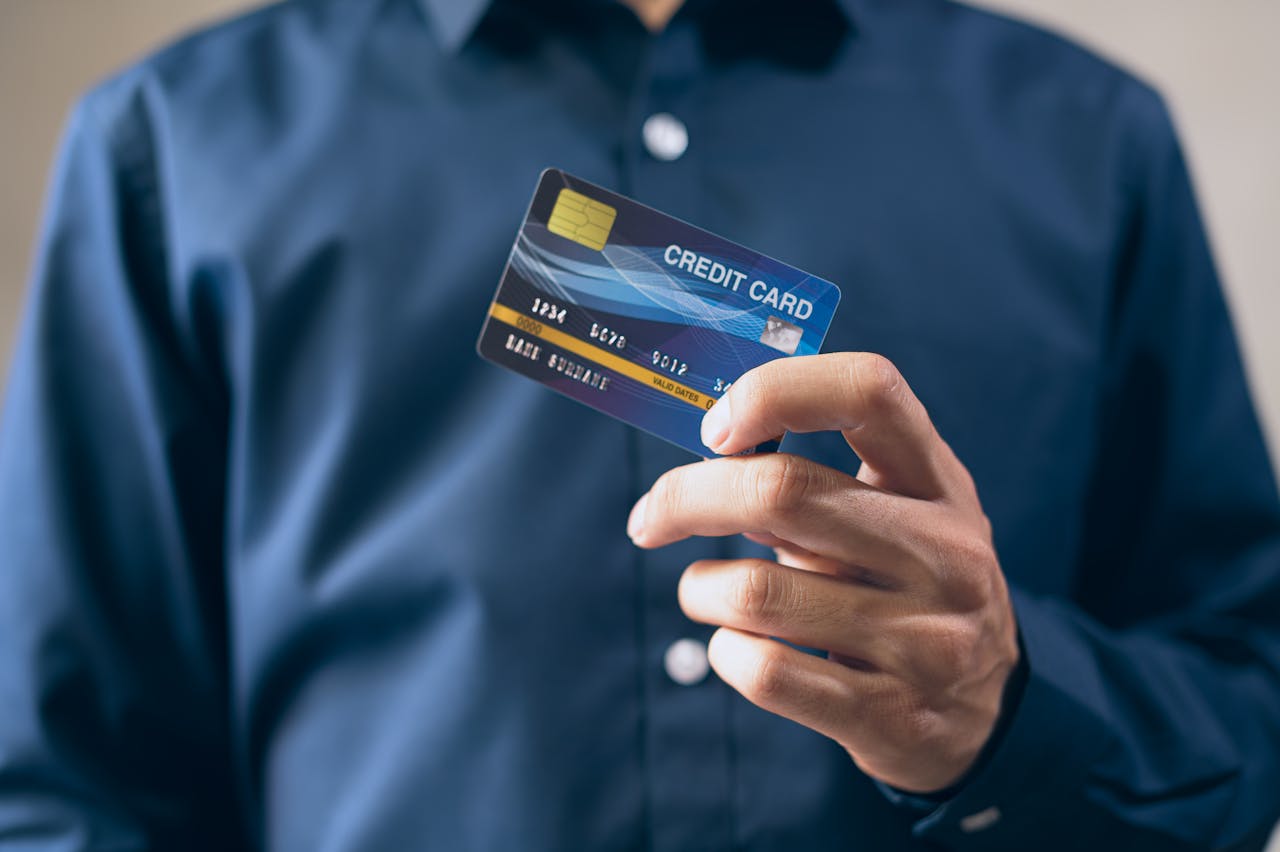What to Do If Your Credit Card Is Stolen: Legal Steps in the US & Europe
In the digital age of 2025, credit card fraud remains one of the most prevalent financial crimes, especially for international travelers and online shoppers. If your credit card gets stolen or used without authorization, taking the right steps immediately can significantly reduce your financial losses and protect your credit history.
1. Immediately Freeze or Lock Your Card
Once you suspect your card has been stolen or misused, the first step is to freeze or lock the card immediately via your bank’s mobile app or website. Most credit card issuers in the U.S. and Europe now provide instant freezing options, which can temporarily stop all transactions without canceling the card.
If your bank doesn’t offer instant freezing, call the card issuer’s 24/7 fraud hotline to report the issue and request a hold or block on the account.
2. Report to the Card Issuer and Request a Replacement
After freezing the card, formally report the loss to your card issuer. This typically initiates the internal fraud investigation process. Request a new card and ensure they change your card number and CVV. Some banks may also change your online banking credentials as a precaution.
In the U.S., under the Fair Credit Billing Act (FCBA), your liability is capped at $50 for unauthorized transactions if reported promptly. In practice, many issuers offer zero-liability protection.
In the European Union, PSD2 regulations require that once fraud is reported, the cardholder’s maximum liability is capped at €50—often €0 if strong customer authentication (SCA) was bypassed by the fraudster.
3. Check and Document All Unauthorized Charges
Go through your transaction history carefully. Document all suspicious charges, including merchant name, amount, date, and time. Take screenshots or download PDF statements.
These records will help support your dispute claim and may be requested during the investigation.
4. File a Police Report (if needed)
While not always legally required, filing a police report helps establish a formal record of the fraud. Some banks or insurance companies may require it for reimbursement, especially if the theft involved physical card loss or ID theft.
In the U.S., you can report the fraud to your local police and the Federal Trade Commission (FTC) via identitytheft.gov.
In Europe, the process varies by country. For example:
- UK: Report to Action Fraud (actionfraud.police.uk).
- Germany: File a report with the Bundeskriminalamt (BKA) or local police.
5. Dispute the Charges and Request a Chargeback
Most credit cards offer chargeback protection for fraudulent transactions. After reporting, your bank will usually issue a temporary credit during the investigation (typically 45–90 days).
You should:
- Submit a formal dispute.
- Include documentation from step 3.
- Monitor status via email or online banking.
In the U.S., banks are legally required to investigate within 90 days under FCBA rules.
In the EU, according to EU Directive 2015/2366, issuers must refund unauthorized charges no later than the end of the next business day after being notified, unless they suspect fraud or negligence by the cardholder.
6. Monitor Credit and Freeze if Necessary
Fraudulent activity might not end with one card. It’s wise to:
- Monitor your credit reports via agencies like Experian, Equifax, or TransUnion.
- In the U.S., freeze your credit through the three major bureaus (free under law).
- In Europe, request a fraud alert or “Sperrvermerk” in countries like Germany.
You can also consider identity theft protection services or apps that monitor dark web activity.
7. Update All Linked Subscriptions or Auto-Payments
If the stolen card was linked to Netflix, Spotify, Apple, or other recurring payments, update your new card info as soon as possible to avoid service interruptions.
Be cautious of phishing attempts pretending to be from such platforms after a card replacement.
Summary: Act Fast, Know Your Rights
Whether you’re in New York, Berlin, or Paris, acting quickly and knowing your legal rights can limit your losses and simplify recovery. Thanks to modern protections like the FCBA and PSD2, consumers today have strong safeguards—but only if they act in time.
Enjoyed this article?
💬 Have questions or personal stories about credit card fraud? Share them in the comments below.
📤 Feel free to share this post with your friends and fellow travelers. Your awareness can help others stay safe.
Why You Should Never Use a Debit Card Hotel Booking
How to Prevent Credit Card Fraud in 2025: A Full Guide
Is It Safe to Use Your Credit Card on Booking.com? Can Hotels Access Full Card Details?



